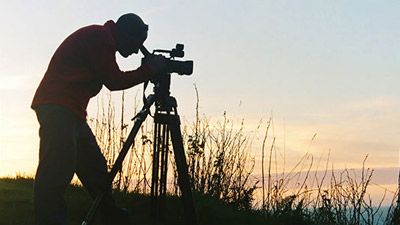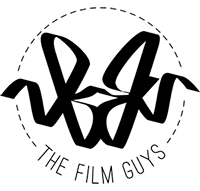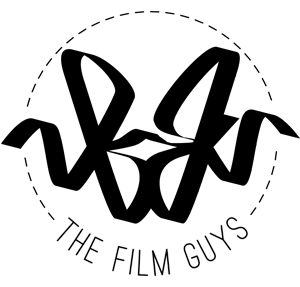
In a society where reality television is an ever growing platform for documenting ‘real life’ scenarios, it is in actual fact documentary films that provide audiences with a glimpse into the real world.
The term was coined in 1926 and has developed over the years, undergoing various influences like popular culture, religion, history, and an investigative nature.
Covering an entire history of documentary films, and different iconic moments through time would mean a 100+ page thesis, so here’s a handful to get started with.
The 70s and Cinema Vérité
Also known as ‘Direct Cinema’ this period produced films that were made to document the lives of people, and made use of direct camera angles- typically handheld camera. There are two very iconic documentary films that fall into this category.
In 1973 America was hit with an up close and personal look at the modern, at that time, ‘American family’. It was a television series called An American Family and documented the daily lives of the Loud family- a mother, father and five children. The show was both praised and criticised for overstepping various boundaries by filming the deterioration of the Loud’s marriage- which included the on-camera demand for a divorce by Patricia Loud, as well as the coming out of one of their children.
Another project involving a somewhat dysfunctional family was Grey Gardens. Released in 1975 it followed the lives of Edith “Big Edie” Ewing Bouvier Beale and Edith “Little Edie” Bouvier Beale- aunt and cousin, respectively, of former U.S. First Lady Jacqueline Kennedy Onassis. The two lived in a dilapidated house in East Hampton and lived off very little money. They made national news and became the subject of this documentary film by the Maysles brothers.
Exposed
There was a huge influx in documentary films with an investigative nature towards the end of the 80s- which has become the model for modern day documentary filmmakers. These films have gone where nobody has gone before, challenged societal rules and even exposed inaccuracies within governments and civilisation.
1990’s Paris is Burning, which chronicles the underground drag community of New York City in the 80s, highlighted a minority in society and introduced a tongue-in-cheek look at the LGBTQ community in the midst of a liberal evolution. It was filmed in its entirety in the 1980s, by Jennie Livingston.
The name Michael Moore is synonymous with the journalistic field of documentary filmmaking. His 2002 film, Bowling for Columbine, which won him the Oscar for ‘Best Documentary Feature’, focused on the Columbine High School massacre of 1999 and gun violence in North America.
Following the investigative trend, on a more environmental level, was the 2009 Oscar winner that exposed the brutal killing of dolphins in a remote seaside cove in Japan. The Cove, directed by Louie Psihoyos centred on a group of environmentalists, led by renowned dolphin trainer Ric O’Barry, and how they used state-of-the-art equipment to infiltrate and expose the bloody waters of Taijii.
2012 – Proudly South African
Perhaps it’s a broad statement but it is my belief that there is not a single South African that has not yet seen this incredible film, which documents the efforts of two Capetonians to find, and honour the forgotten American musician Sixto Rodriguez. Searching for Sugar Man was directed by the late Malik Bendjelloul- it not only won an Oscar for ‘Best Documentary Feature’, it also served as a major comeback for the musician and led to sold out tours worldwide.
It’s true, fictional film and narrative takes us to another place, but documentary film is a constant reminder that the world we live in is real; with real problems, real criminals, and really interesting inhabitants.
Written by: Johann Huebsch

